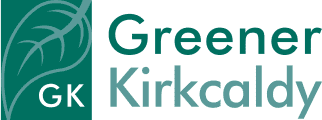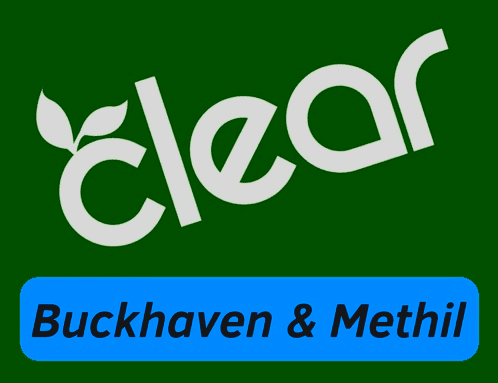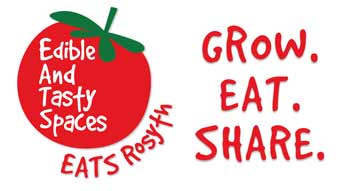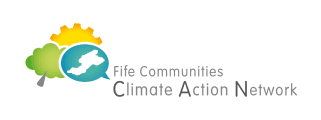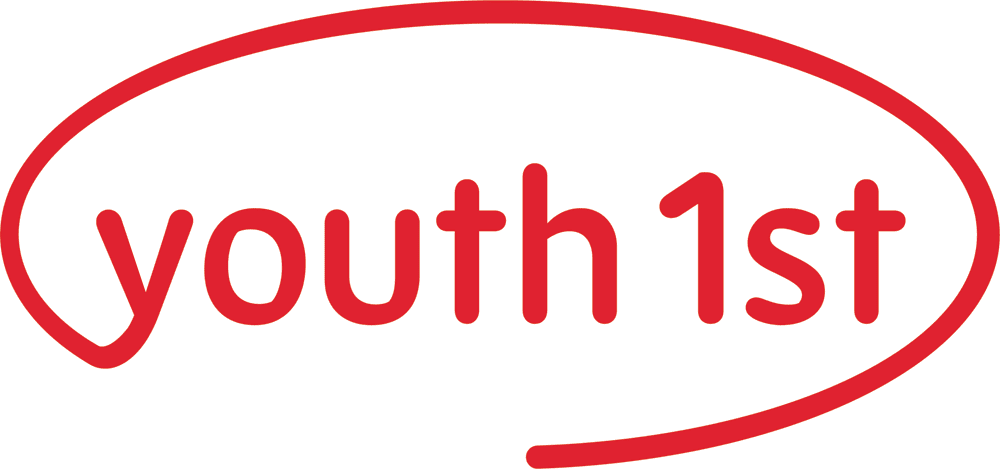THE CHALLENGE
The EATS Rosyth community food team took part in Zero Waste Scotland’s month-long food waste challenge. The team were already doing fantastic work to reduce waste. They are especially good at making use of good food that would otherwise go to waste and turning it into delicious meals for their community.
The team have great collaboration between three food outlets to share food and make good use of their freezer. They also cook to order. Plus, booking people into the community meal gives them a good idea of how many people they have at each sitting.
Results
After Gerry at Zero Waste Scotland crunched the numbers we were able to see a clear picture of where food was being wasted and what kind of food. The results of the challenge showed that despite the great efforts EATS Rosyth are making 2.04 tonnes of food is wasted each year within the café and larder. A further 1.71 tonnes of food go to waste at the community meals.
By taking part in the Food Waste Challenge, EATS Rosyth learned that they could make large savings. Reducing food waste by 50% would create substantial carbon savings as well as around £2,200 a year in financial savings. Cutting food waste would help them to do more to support their community.
We were able to use this information to create an action plan.
ACTION PLAN FOR EATS ROSYTH
Following on from the results of the challenge we were able to create an action plan for the EATS Rosyth food team. Here are some of the suggestions that we made.
COMMUNITY MEALS
- Ask diners at the community meal about their hunger levels. Would they like both courses or just one?
- Talk to people about portion sizes and reduce them for some people. For example, some older people have a smaller appetite.
- Offer a doggy bag to anyone that has food left on their plates
ACCEPTING SURPLUS FOOD
Some of the donated food that comes to EATS Rosyth has an exceptionally short shelf life. We recommended that they buy some freezers to allow a longer shelf life. We also suggested some funding opportunities with which they could use to apply. We are very happy to report that EATS Rosyth successfully purchased a new freezer!
FOOD PREPARATION
EATS find it difficult to take the coffee granules and eggs shells to their compost. We offered to help find a receptacle to help with this. Greener Kirkcaldy’s Active Travel team and Growing and Nature team are looking into a solution.
RESULTS
The team were keen to take our suggestions on board. Along with purchasing a new freezer, they carried out a consultation with their participants to look at issues such as portion size. This has lead to the team cutting their carbon output by sending less food to the bin. This also saves them money. Fantastic news!
Morven at EATS Rosyth told us the Zero Waste Challenge was a useful tool that created a real difference to their work: “We can celebrate achievements and we recognise possible improvements and ongoing challenges. This reiterates our enduring commitment in shaping a stronger and more sustainable future for our community.”
Relationships Scotland Couple Counselling Fife are a charity based in Kirkcaldy. They have various different counselling rooms in a very old building. The people in those rooms need to be comfortable and the building’s energy costs were very high. The building is category C listed and is within a conservation area. We carried out an energy check when visiting and noted the following.
The Challenges
- No smart meter
- No loft insulation
- Five electric storage heaters
- No LED lighting
- Doors and windows were not draught-proofed
- Single glazing
Our Action Plan
- Install low carbon infrared panels for heating. These ‘heat the person, not the room’.
- Secondary glazing (double glazing would be incredibly costly for this listed building in a conservation area)
- LED lights (these are relatively cheap to install and have a quick pay back time.)
- Roof insulation (25% of heat loss comes from a roof).
We kept in contact with Mieke and updated her on suitable opportunities to
make the required energy efficiency changes.
Result
While waiting for funding Mieke installed a 600 watt infrared panel replacing a 1500 watt energy draining heater. She explained what a difference it had made in terms of ‘heating the person not the room’, and was much warmer and efficient.
In Autumn 2024 the charity received £1,000 from Business Gateway Fife and purchased two further infrared panels and five LED lights. Mieke continues to apply for suitable funding to further reduce their carbon emissions.
Feedback
Navigating the various funding streams that are available to help improve energy efficiency of our office and combat climate change can be bewildering. It ‘s outwith my expertise and it has been great Louise has been able to guide and support, many thanks!” Mieke Van der Zijpp, Manager Relationship Scotland Couple Counselling Fife
Climate Action Fife’s lead partner Greener Kirkcaldy moved into their community building at 8 East Fergus Place in 2019.
This listed building is the former Kirkcaldy library headquarters. Greener Kirkcaldy extensively refurbished the building to host a alarge community spaces, kitchens and offices. Greener Kirkcaldy is also working to reduce the carbon footprint of operating the building, particularly by making it more efficient to heat. Read our Climate Friendly Businesses case study to find out more.
Cutting out food waste is something that Giacomo and Hazel of Baern Café are constantly thinking about. This has resulted in them having very little food waste, with their small domestic caddy being less than half-full daily.
With such little food waste, Climate Action Fife is learning a lot from Baern and we want to highlight their fantastic practices. Our case study shows some of the ways that they have worked to reduce food in their businesses, including by working with their neighbours in the Bowhouse complex.
Motorfits in Leven have made climate-friendly changes to their business. Following a free energy audit by Climate Action Fife and Fife Council they applied for and received funding to get some new lighting installed. This has resulted in an annual estimated carbon saving of 403kg CO2e and a cost saving of £169. That is almost the same as driving from Land’s End to John O’Groats and back!
Read our case study to find out more about how Motorfits reduced their carbon footprint and their energy bills.
DnA Barbers in Leven have made climate-friendly changes to their business. Following a free energy audit by Climate Action Fife and Fife Council they applied for and received funding to repair and insulate their roof. This has resulted in an annual estimated carbon savings of 280kg CO2e and a cost saving of £254. That is the same as running an electric shower for 6 days!
Read our case study to find out more about how DnA Barbers reduced their carbon footprint and their energy bills.
The Golf Hotel in Crail has made climate-friendly changes to their business. Following a free energy audit by Climate Action Fife and Fife Council they made changes including adding loft insulation to help keep the heat in. This created annual carbon savings of 16,665kg C02e and energy savings of £4,505.
Read our case study to find out how the Golf Hotel reduced their carbon footprint and their energy bills.
Glenrothes YMCA are making climate-friendly changes to their premises. These were recommended in a free energy audit by Climate Action Fife and Fife Council. The changes they will make include installing a new high efficiency gas fired boiler and wall insulation in their sports hall.
They will also add a draught-proof fire door as well as a solar PV array on the roof of the building. Our case study explains how YMCA Glenrothes are reducing their carbon footprint and their energy bills.
Kangus Coffee House in Kirkcaldy made climate-friendly changes to their business, following a free energy audit by Climate Action Fife and Fife Council. Funding helped the owners to buy new equipment including a fridge freezer and a large fridge. These changes have made a big difference to the business. They have led to annual carbon savings of 583kgC02e and annual energy savings of £929.
Our case study explains how the business reduced their carbon footprint and their energy bills.
help for businesses to reduce their carbon footprint
We work with small and medium sized businesses, community buildings and third sector organisations to help them reduce their carbon footprint. We provide advice on energy use and reducing food waste.
Climate-friendly business is important for two reasons. First, because it will result in significant, measurable carbon savings. Second, because people want to see businesses taking action on climate change.
We have produced a handy checklist of tips for businesses (pdf). This will help them take the first steps towards reducing energy use and cutting down food waste.

